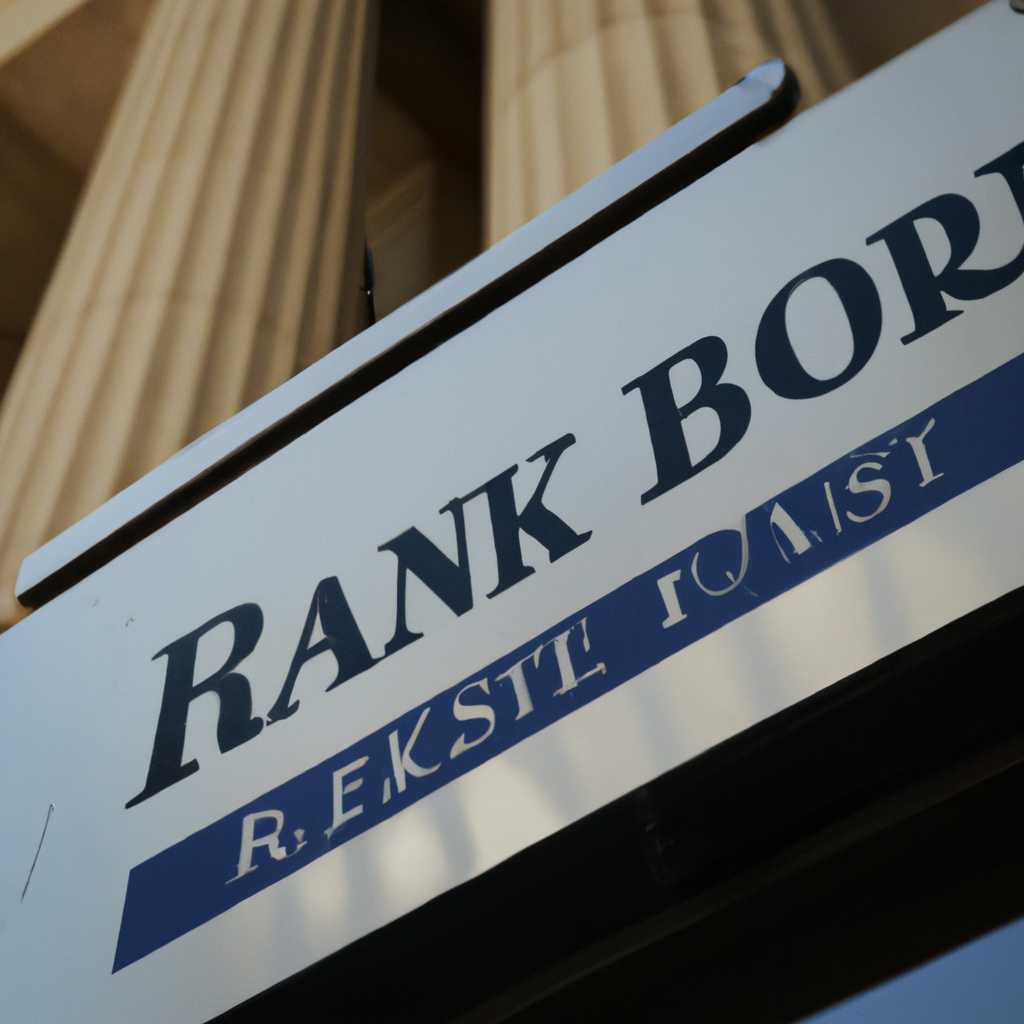The Federal Reserve has taken steps to address the chaotic state of the US banking sector, hiking interest rates by 0.25 percentage points in its latest effort to dampen inflation. This marks the ninth consecutive rate increase since March 2020, with the baseline rate range now set at 4.75 to 5 percent. The Fed acknowledges that these hikes have resulted in strain on the banking sector, as evidenced by the recent collapse of Silicon Valley Bank (SVB) and First Republic. In response, the FDIC, the Fed and Treasury have taken steps to up the sector, including insuring deposits over the standard $250,000 limit as well as a new Fed credit line backed by $25 billion in taxpayer money. In Europe, Credit Suisse failed after Saudi investors declined to increase their investment in the bank, leading to an appeal to the Swiss National Bank and ultimately a shotgun sale to rival UBS.
The Fed's balance sheet in recent weeks has skyrocketed, potentially stalling the Fed's tightening program. New forecasts from the Fed put the terminal interest rate for 2023 at 5.1 percent, with projected unemployment rate for this year lowered to 4.5 to 4.6 percent. The bank also expects inflation to remain higher this year than previously anticipated, with the personal consumption expenditures (PCE) price index to reach 3.3 percent annually. Price growth as measured in consumer price index (CPI) and PCE price index has come down since the middle of last year, but are still well above the Fed’s target rate of 2 percent.
Americans are increasingly vocal in their opposition to bailing out banks that can’t manage themselves. Hedge fund boss Bill Ackman and tech billionaire Elon Musk have called for the Fed to pause hikes or cut rates, while former Treasury Secretary Larry Summers urged the Fed to stay on course and lift rates higher despite the turmoil. The rate hike is expected to result in tighter credit conditions for households and businesses, weighing on economic activity, hiring and inflation. The Fed's decision comes as the Biden administration faces criticism for its failure to reform banking regulations and its lack of knowledge of the collapse of SVB. The future of the banking sector remains uncertain, with questions looming about the Fed's ability to manage inflation and protect the economy from further shocks.

